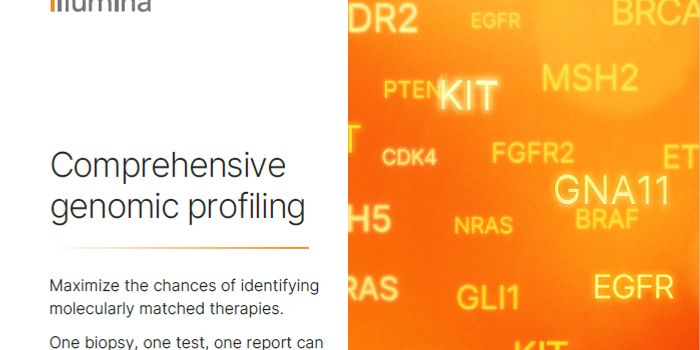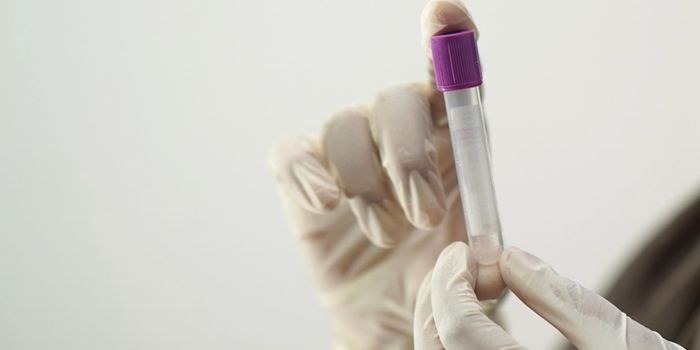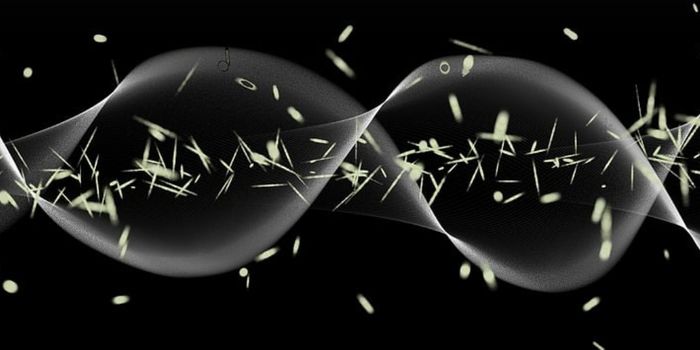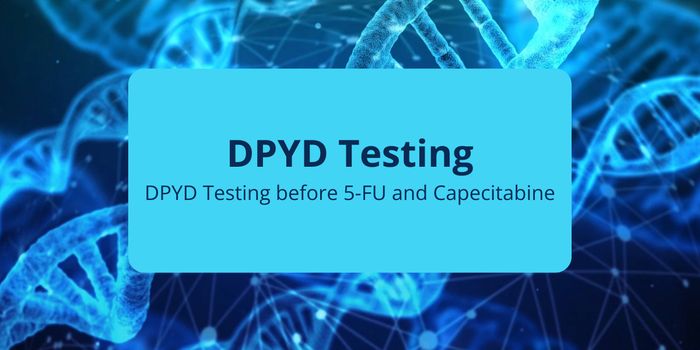New Huntington's Disease Therapy Slows Patients' Disease by 75%
Huntington’s disease is a genetic disorder that is caused by an unusual number of repeats in the huntingtin gene; there make the gene too long, and lead to the production of a toxic protein in brain cells. Symptoms of the disease tend to arise when a person is in their 30s or 40s and it is typically fatal within 20 years. New work may change that, however.
In a major breakthrough, scientists have announced that they have successfully treated the disease with gene therapy. This treatment appears to slow the progression of Huntington’s by about 75%, so the disease state that would be anticipated within one year instead takes four years to arise. This announcement comes after five years of evaluating the trial volunteers.
This trial involved 29 patients, none of whom have been identified. The results of the trial have not yet been published. This work was performed by a company called uniQure, and the gene therapy is now referred to as AMT-130.
In this approach, the gene therapy aims to stop aberrant huntingtin proteins from being produced. The therapy is delivered to neurons in a region of the brain called the striatum, where the mutant huntingtin protein is generated. The therapy spurs cells to make a molecule called microRNA that then roves the cell and links to mutant huntingtin messenger RNA to stop it from being translated into protein by the neurons. This method lowers the levels of mutant huntingtin protein, and slows the progression of disease.
The therapy has to interact with the molecular components of a cell, so an infectious virus is used to deliver the gene therapy to cells. These viruses are intended to be harmless, but they have caused problems in previous trials of gene therapy. In this case, most patients tolerated the treatment well, but some developed neuroinflammation in the brain that either eventually went away on its own, or had to be treated with steroids.
UniQure plans to market this treatment in the US, and is applying for approval in the first quarter of 2026 so they can begin selling it later that year. No official price is set yet. But since surgery is required, this medication is likely to be very expensive, Professor Ed Wild, consultant neurologist at University College London Hospitals told the BBC.
The scientists are hopeful that this treatment could be one-and-done for Huntington’s patients, since brain cells do not typically divide in adulthood in the way that many other cell types do. The therapy may only have to be delivered once to have a transformative impact on the lives of patients and their families.
The researchers are also working with young Huntington’s patients who have been diagnosed but who do not yet have symptoms. It may be possible to prevent the disease completely in these individuals, Professor Sarah Tabrizi, director of the University College London Huntington's Disease Centre, told the BBC.
Patients in the US are now being recruited for the US trial. Search for information on this trial here.









